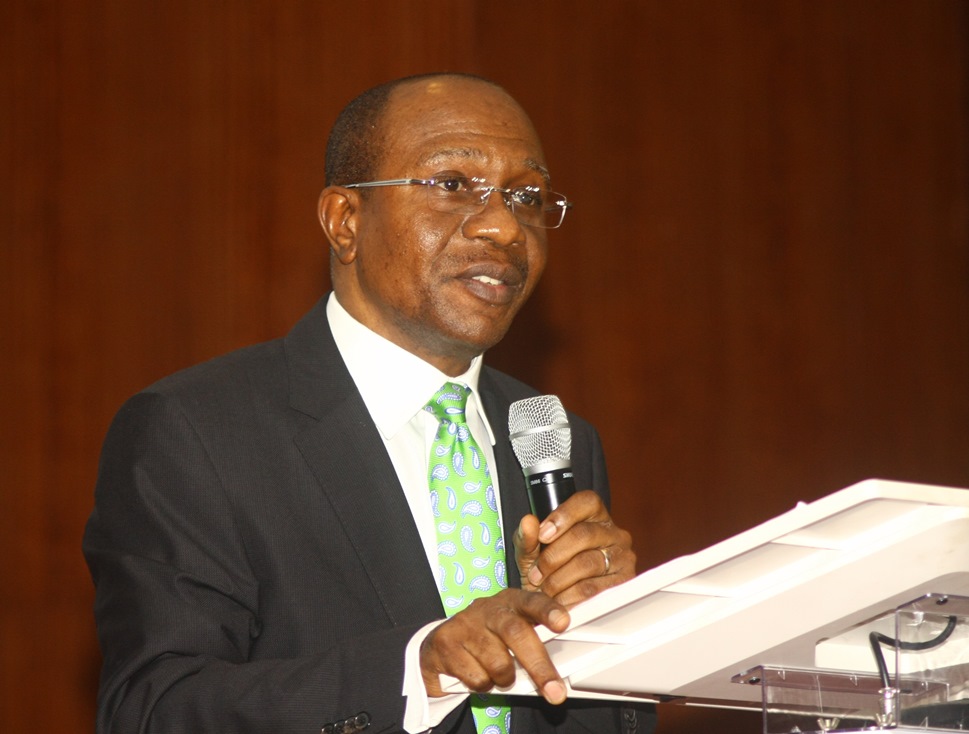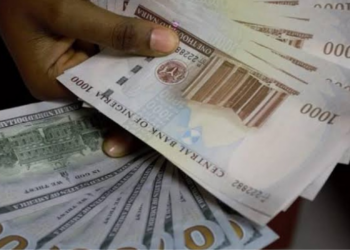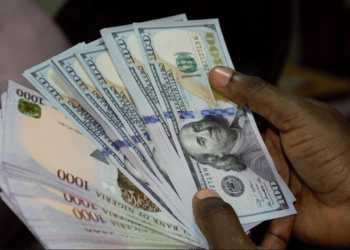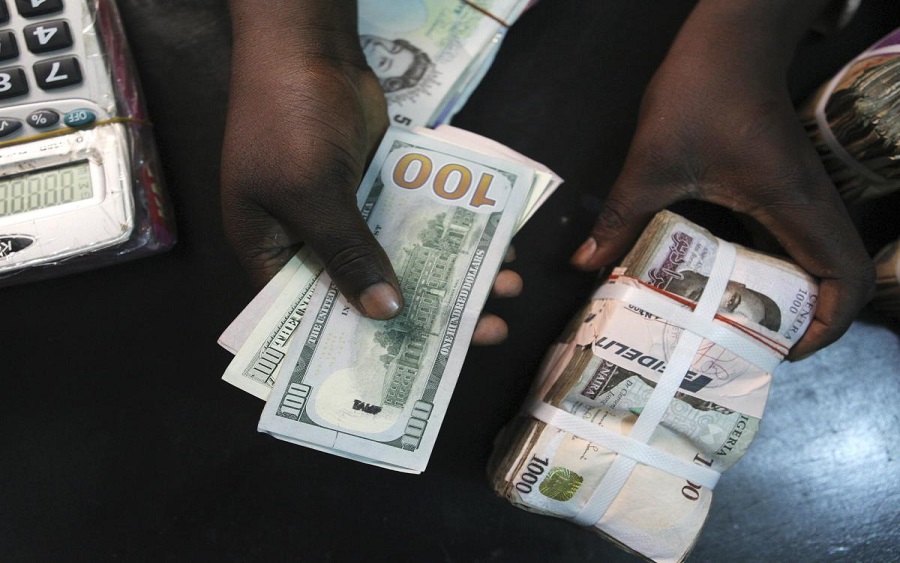For several months, most Nigerians believed that Godwin Emefiele, Governor of the Central Bank of Nigeria, was an incompetent official, only allowed to continue in office provided he did as the President says.
Most criticised guy in Abuja
One of the most talked about standing instruction he was thought to have (and probably did have) was never to devalue the naira. It got so bad that a year ago after the launch of the “defunct” flexible exchange rate policy critics once alluded that he promised the president that the naira was not going to get above N250.
For months, this claim held sway as the CBN introduced a period of capital controls that eventually fragmented the market and ushered in multiple exchange rates in the country. Emefiele was loathed and many believed he more than anyone else was to blame for the state of the economy.
In fact, some staunch critics continue to feel that way. Nigerians had to cope with the frustrated feeling of seeing the Naira take a nose dive, pay significantly higher prices for materials and most irritatingly, earn less if anything at all.
Stumbled into a winning formula?
The peak of the troubles witnessed a movement #OccupyCBN demonstrating for the removal of Emefiele. The embattled CBN Governor then starting throwing everything at the wall of problems and alas, he “stumbled” on a solution- the Investors’ & Exporters’ (I&E) FX window also known as – the Nigerian Autonomous Foreign Exchange rate fixing.
Less than 3 months since its inception, the effects of the window on dollar liquidity and in turn, the economy cannot be brushed aside, even by die-hard Emefiele critics. With $3.8 billion traded in about 10 weeks, the window has boosted dollar liquidity significantly with the economy benefiting as a result. On Monday, inflation rate was announced to continue its gradual but now steady decline while Purchasing Managers’ Index (PMI) survey report released for last month also showed consistent expansion.
Dollar limits increasing
The good news continues. Now, banks are getting less concerned with tightening dollar controls as at least 3 banks within the space of a few weeks, announced significant increases to their dollar-spending limits for payment cards denominated in local currency.
Guaranty Trust Bank, the country’s biggest bank by market value, raised the maximum amount a holder of its naira Mastercard can spend abroad in a month to $1,000 from $100 while Ecobank Transnational Inc. has set a $1,000 per day limit from $100. Similarly, FCMB Group Plc will start implementing its new spending limit of $500 per month this week, according to their officials. In all cases, the improved dollar liquidity was cited as the major reason for these increases. Meksley Nwagboh, a spokesman for GTB is quoted as saying that the CBN’s NAFEX window has increased access to dollars and enabled GTB to increase its spending limit.
Capital Market feeling the effects
The capital market is not left out of the jamboree. In June, the Nigerian Stock Exchange was the world’s most profitable market with sustained bullish growth. The All-Share Index has year-to-date improved by 23.8 per cent while both average volume and the value traded significantly increased by 11.4 per cent and 12.3 per cent respectively.
In fact, the Nigerian stock market was reported as the best performer in the world having gained about 12% and 29% for the quarter.
Jury is still out there
Of course, Emefiele will gloat. “We looked at the foreign exchange market, and today, we have ensured that forex is not N500/$1. It is now between N360 and N370/$1 and we will ensure it gets even better from where it is right now.” he said, claiming plaudits for the gradual reversal in fortunes.
However, his critics will say that he just got lucky, pointing to the several other botched attempts he had made to rectify the situation. Other will claim Emefiele knew what he was doing all along and was waiting for his end-game. The neutrals, millions of Nigerians who care about food for themselves and their families, will not care one bit. All we want to know is that things are getting better.






















